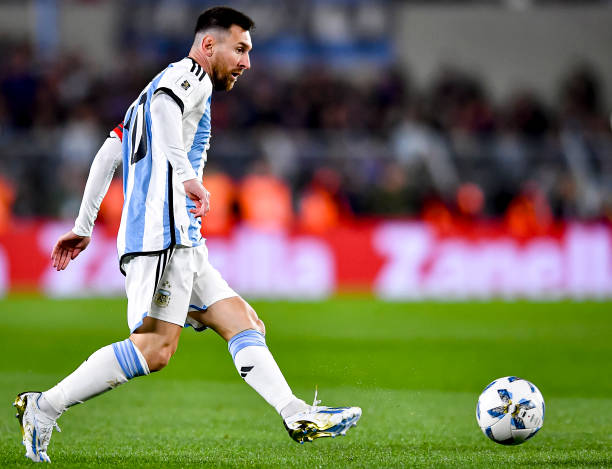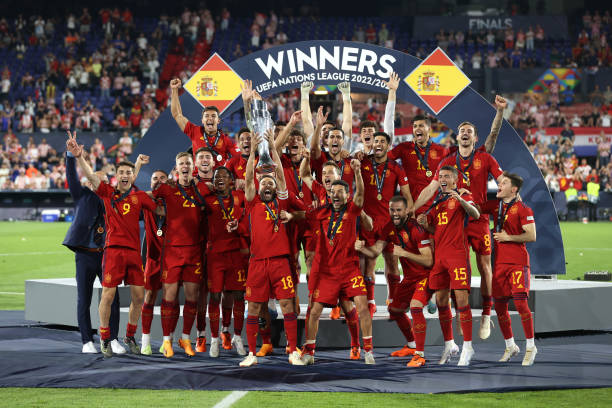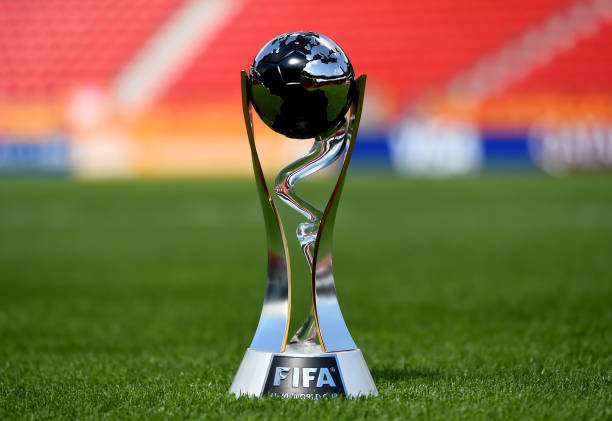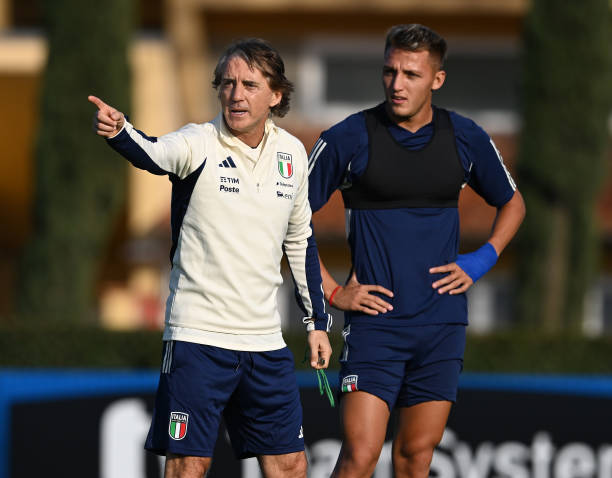Introduction
The quarter-final between Argentina and the Netherlands was the most bitterly contested one in this year’s World Cup.
Spanish referee Mateu Lahoz handed out 18 yellow cards, a World Cup record for a single fixture, and there were several mass confrontations, involving both sets of players and the benches as well.
After finally securing victory, whilst the Argentine players were less than complimentary to the Spanish official, most of their anger was directed at the Dutch manager, Louis van Gaal.
He had apparently enraged them with his pre-match prediction that his team would win on penalties and that Messi was one fewer player when Argentina was defending.
Captain Lionel Messi had been particularly rankled by van Gaal’s comments referencing the semi-final between the two teams in the 2014 World Cup, in the course of which game the Dutch coach claimed to have neutralised the Argentina playmaker.
However, in truth, the issue goes much deeper, and is rooted in van Gaal’s perceived dislike of South American players.
Barcelona
Van Gaal’s apparent dislike for South Americans surfaced during his first stint as manager of Barcelona between 1997 and 2000.
In 1999, Rivaldo won the Ballon d’Or, but, in the eyes of his manager at the time, van Gaal, his career went steeply downhill after that and he stopped trying.
Van Gaal tried to sell him, but the move was blocked by the club president at the time, Jose Luis Nuñez.
Even though van Gaal led Barcelona to two league titles and a Spanish Cup, the club kicked him out in 2000. He came back two years later and sold Rivaldo right away.
However, it was his treatment of another Argentine, Juan Román Riquelmé, that was to earn him long-lasting enmity in the continent.
Riquelmé
With Rivaldo successfully ushered out of the door, there was the need to sign a new superstar for the Catalans to replace him, and the man chosen was Argentine playmaker Riquelmé who had acquired a stellar reputation playing for Boca Juniors.
Van Gaal though, publicly distanced himself from the move, insisting that he had been a club signing and not one that he ever wanted in his team. He insisted on putting Riquelmé on the wing, which was not a good position for him because he wasn’t fast enough. He soon lost his place in the starting XI, ended up playing very few minutes, and would last one season before he was loaned out and then eventually sold to Villarreal.
He would go on to have a great career with Villarreal and Boca, as well as with Argentina.
Meanwhile, Lionel Messi had arrived at Barcelona’s “La Masia” academy as a 13 year old, and grew up idolising players like Riquelmé, from whom he would eventually inherit the number 10 Argentina shirt. He has never forgiven van Gaal for the treatment of his comrade.
Bayern Munich
Van Gaal had two years in charge of Bayern Munich, where his reputation for disliking South American players continued, and a number of players were sold on his watch.
Angel Di Maria
Angel Di Maria joined Manchester United from Real Madrid in 2014 for a then-club record fee of £59.7 million, but his time with the Premier League club was brief and unhappy.
He had a series of off-the-field problems, including his family being attacked by armed robbers when they were at home – whilst his relationship with Van Gaal was difficult and they had several major stand-up rows.
Di Maria would later describe the Dutchman as the worst manager that he had ever had, citing a fundamental difference in their footballing philosophies.
He, like Riquelmé before, lasted only one season before moving on, this time to PSG.
Brazilian Rafael’s promising career at Old Trafford was also ended by the arrival of Van Gaal at the club. He later said that the Dutchman just did not like him, and believed it was because he was Brazilian.
Van Gaal’s character
It should be noted that van Gaal is an equal opportunity offender, and that he has fallen out with players and managers in every country in which he has worked.
He is known for being rude, doesn’t have much time for tact and diplomacy, and rarely misses a chance to irritate people.
Fellow Dutchmen Robin van Persie and Mark van Bommel seriously clashed with him, whilst his feud with Johan Cruyff endured until the death of the latter.
There have also been accusations levelled at van Gaal that he may be racist and that black coaches and players were not given a fair chance in the Dutch system under him, something that van Gaal has always strenuously denied.
Anti-Football?
One of the accusations hurled at van Gaal by the Argentine press is that he is anti-football and advocates a style of play that is the antithesis of theirs.
He has always employed a 4–4-2 system with clearly defined roles for very position, and only those who buy-in to what is expected of them can hope to thrive under the Dutchman.
Van Gaal has always insisted that he wants to play attractive, attacking football and this is where some of his critics take issue. For example, in the quarter-final with the Argentines, he threw on two tall strikers and reverted to getting as many crosses into the box as possible, a tactic that proved to be successful.
This, of course, is not the Argentine way, where the role of the playmaker is still revered, a role that he too often considers a luxury.
To be fair to van Gaal, whilst his style may not always be the easiest on the eye, he has won major trophies with five different clubs in four countries and been one of the most successful Dutch managers of all time, so it is difficult to argue with his track record.
A farewell?
Van Gaal announced his retirement after the loss to Argentina, although he has been here before and always comes back.
If that was his last ever game, he was serenaded into retirement by Messi, who produced Riquelmé’s trademark celebration in front of him. For South Americans, at least, it may have been a fitting send-off.

Must See
-
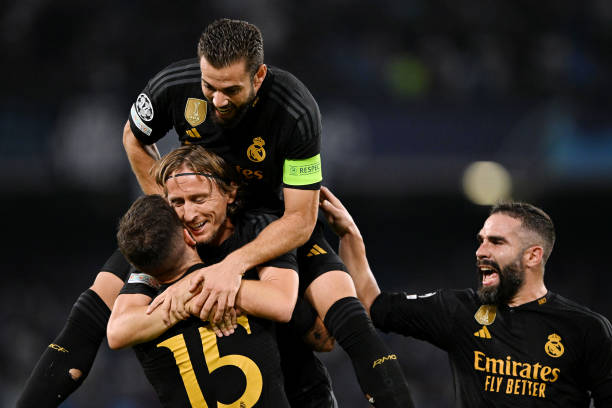

Champions League
/ 1 year agoChampions League – Matchday 2
Almost in the blink of an eye we reached the second day of the...
-
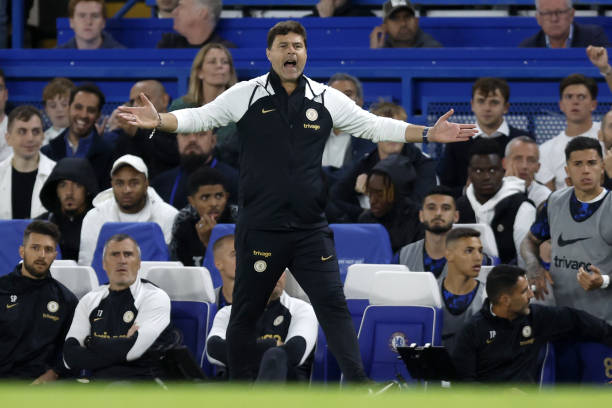

Premier League
/ 1 year agoThe bad start for Poch’s Chelsea
Since Todd Boehly’s arrival as club owner in the summer of 2022, Chelsea have...
-
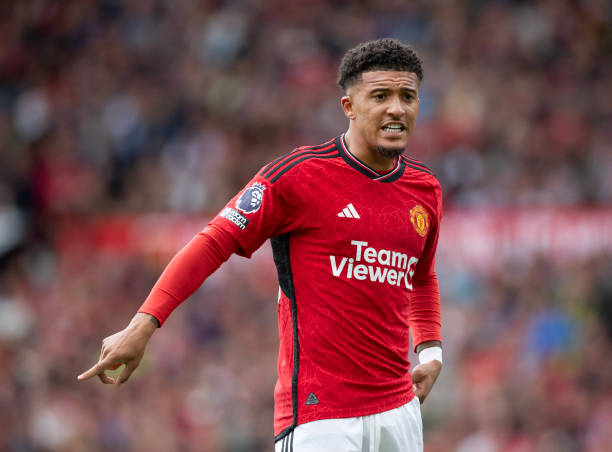

Premier League
/ 1 year agoJadon Sancho’s feud with Erik Ten Hag continues
Manchester United winger Jadon Sancho’s time at Old Trafford has been torrid, to say...
